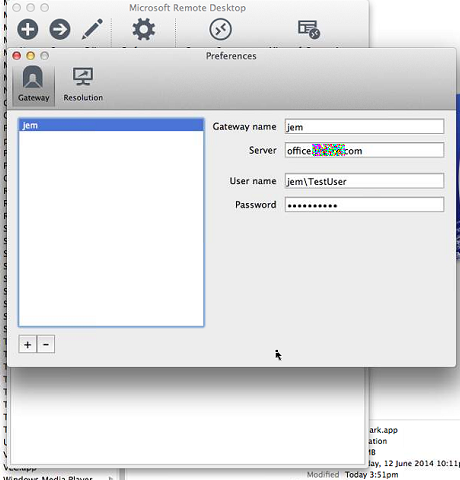

The 8.8 version, released in September 2009, added support for Mac OS X v10.6, although the ability to receive clicks with modifier keys broke with the release of Mac OS X v10.6.3 (March 2010). Starting with the 8.6 version, Timbuktu has been released as a Universal Binary supporting both Intel and PowerPC-based Macs. The 8.6 version, released in March 2006, added an optional integration with Skype to enable a user to remote-control any of their Skype contacts who have Timbuktu installed. Both the Mac and Windows versions can use a standalone user database or integrate with the respective platform's "standard" user database ( OpenDirectory on the Mac, and Active Directory or NT Users on Windows). The program has integrated support for Secure Shell (SSH) tunneling for those who require additional security. Timbuktu versions 5.1 and earlier initiate connections over UDP port 407, though versions 5.2 and later use TCP port 407. In addition to the remote control features (screen-sharing), Timbuktu also allows for file transfers, system profiling, voice and text chat, and remote activity notifications. Timbuktu's primary function is remote control, and the application has support for various remote-control features such as multiple displays, screen-scaling, remote screen and keyboard lockout, clipboard synchronization and "on the fly" color-depth reduction for enhanced speed. Farallon was renamed Netopia in 1999 and the company was acquired by Motorola in February 2007.

WOS Data Systems was purchased by Farallon Computing in July 1988. Timbuktu was first developed in the late 1980s as a Macintosh product by WOS Datasystems and a version was later developed to run on Microsoft Windows. Timbuktu is compatible with computers running both Mac OS X and Windows. Remote control software allows a user to control another computer across the local network or the Internet, viewing its screen and using its keyboard and mouse as though sitting in front of it. Timbuktu is a discontinued remote control software product originally developed by WOS Datasystems.


 0 kommentar(er)
0 kommentar(er)
